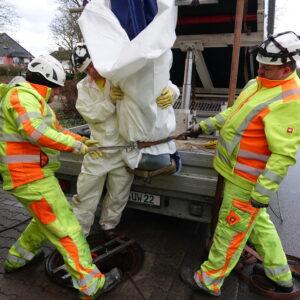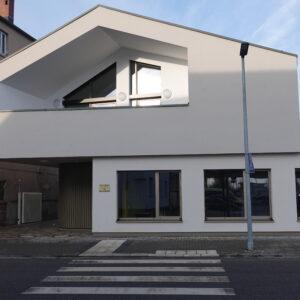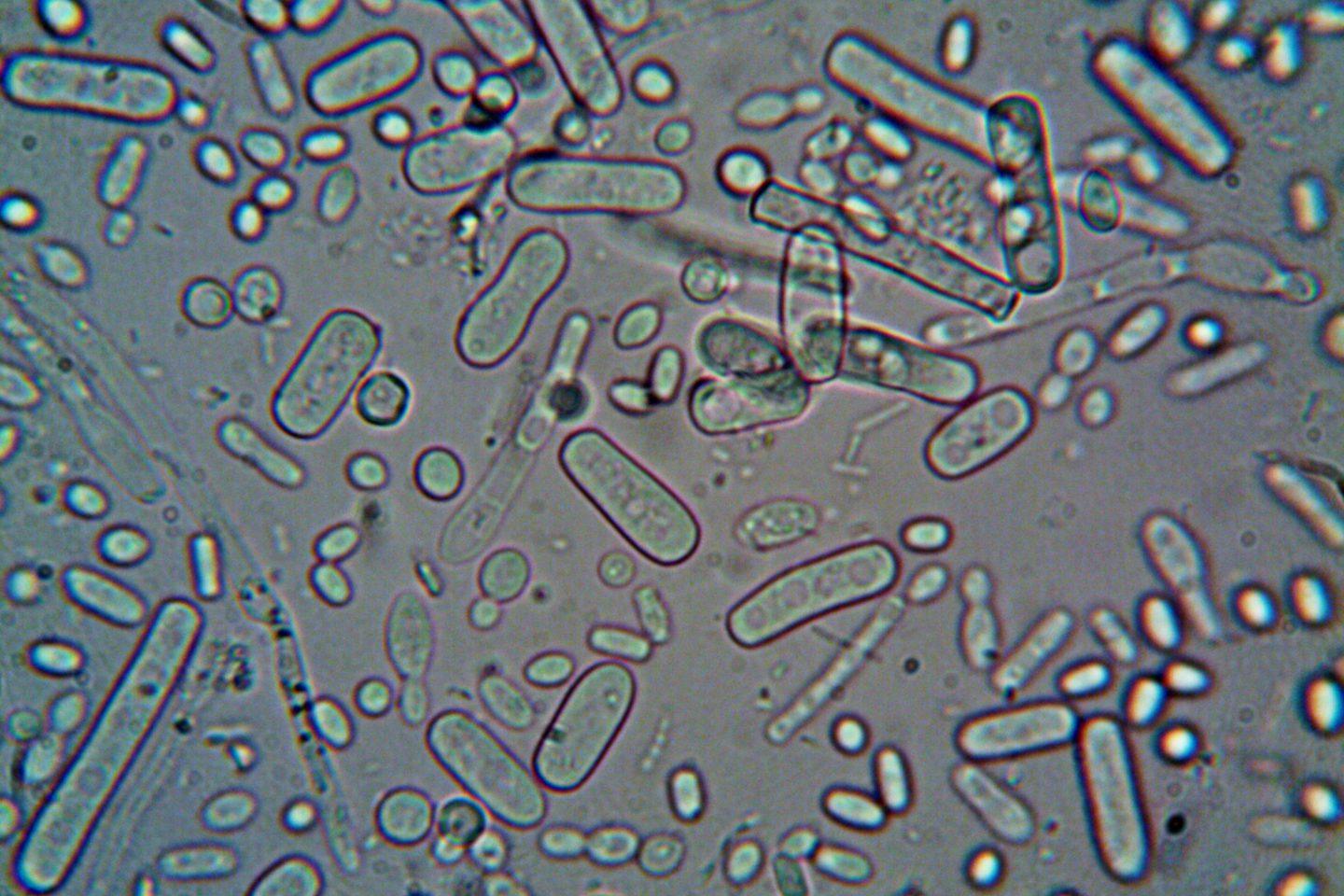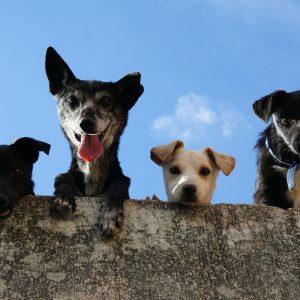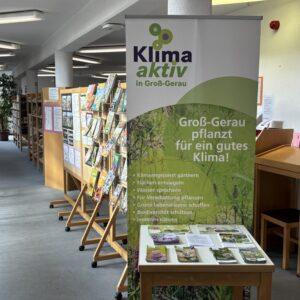ADVERTISING
Concerns about planned discharge into the Woog – risk must be eliminated
The FDP parliamentary group in Darmstadt has expressed concerns about the planned connection of the Meiereibach stream to the Darmbach stream and thus to the Großer Woog lake. According to FDP city councilor Marie Guerdan, there is a risk of the lake becoming contaminated with harmful germs.
In response to a parliamentary inquiry, Guerdan received measurement data from the head of the civil engineering department, Paul Georg Wandrey, indicating that elevated levels of Escherichia coli had been repeatedly detected in the Meiereibach stream at the outflow of the Judenteich pond behind the Hottonia site. While the water quality in the Woog pond itself continues to be rated as "excellent," the stream exceeded the EU guidelines for bathing water on several days of testing.
“We must keep a close eye on the bacterial load as well as the reduction of nutrients,” emphasizes Guerdan. “While supplying the Woog with additional fresh water is desirable – especially during hot summer months – the risk of bacterial contamination cannot be taken. Otherwise, in the worst-case scenario, the bathing area could have to be closed.”
The FDP politician is demanding a concept from the city council on how the discharge of the Meiereibach stream into the Darmbach can be implemented without endangering water quality – especially after heavy rain, when polluted water from the agricultural areas at Oberfeld is washed into the stream.
As a reminder: At the end of 2022, the city council decided to connect the Meiereibach stream to the Darmbach stream via a phosphate filter system in order to reduce nutrient pollution. However, according to City Councillor Wandrey, no concrete timeline can currently be presented, as this depends on the budget situation.
Overview of measured values (selection):
- Meiereibach, Judenteich outlet:
• May 13, 2025: 927 CFU E. coli / 100 ml
• July 4, 2025: 1,160 CFU E. coli / 100 ml - Woog, summer 2025:
• 21–32 CFU E. coli / 100 ml
E. coli for "excellent quality" . Values above 900 CFU are no longer considered sufficient.
(DARMSTADT – RED/FDP)


